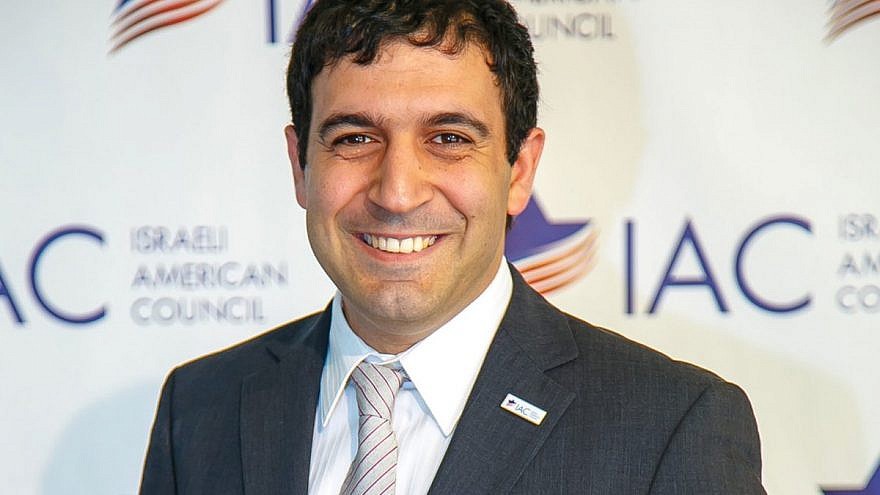In the aftermath of the deadliest attack in U.S. Jewish history, the forthcoming fourth annual conference for the Israel-American Council, which was once deemed “second tier in the American Jewish community,” is expected to evolve into something more meaningful.
“Sometimes, there is a wake-up call,” IAC co-founder and CEO Shoham Nicolet told JNS. “Pittsburgh was a wake-up call … where you have at the end of the day those people that could care less if you’re Democrat or Republican, if you’re Orthodox, Conservative, or Reform … it’s just part of the Jewish people.”
Co-founded in 2007 by a group of Israeli-Americans that included Adam Milstein and Shoham Nicolet, and headquartered in Los Angeles, IAC ‘s mission is to strengthen the Israeli-American community and to foster stronger ties with American Jewry and the State of Israel.
Nicolet mentioned that changes have been made to the conference, which will be held from Nov. 29 to Dec. 2 in Hollywood, Fla., and feature speakers such as U.S. Vice President Mike Pence and Speaker of the Knesset Yuli Edelstein. This year, the program will focus more on anti-Semitism compared to the prior conferences, “especially because people are interested to know not only about it and understand it, but what we can do about it.”
Nicolet said that Israeli Americans, alongside their American counterparts, have a role to play in combatting anti-Semitism in America.
“We’re going to look at it from the perspective of how Israel can help deal with the situation,” he said. “We’re [also] going to look at the Christian-American community” and how anti-Semitism is relevant there, and partner with them in “looking to fight hate in America.”
He added that “anti-Semitism is not only anti-Jewish, but it’s anti-American sentiment. It’s anti-democracy.”
One example Nicolet gave is the anti-Semitic materials currently used in the public schools of the heavily-Jewish populated town of Newton, Mass.
‘A huge paradigm shift’
Becoming a major player in both the U.S.-Israel relationship and the Israeli community in America was anything but smooth from the initial get-go. Currently, IAC has 20 chapters nationwide.
As Nicolet explained, “We started the IAC in a position where basically everyone told us, ‘We don’t want to work with you,’ with Israel saying, ‘We don’t want to work with you, you’re basically [a] fault in the system’ … and the Jewish community saying, ‘We don’t want to work with you because you need to be back in Israel. And everyone saying they don’t want to work with us because we’re ‘second tier’ in the Jewish people.”
Now, he said, to have a conference that is the fastest-growing conference in the Jewish-American community is a significant achievement: “This is a huge paradigm shift in a decade.”
According to him, it’s about “looking at Israeli-Americans not as a liability, but as an asset.”
Israeli-Americans, he said, are not “a lost tribe.” Rather, they are a group that can provide leadership in the Jewish community.


























